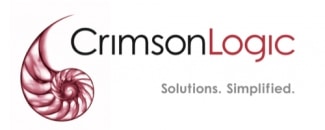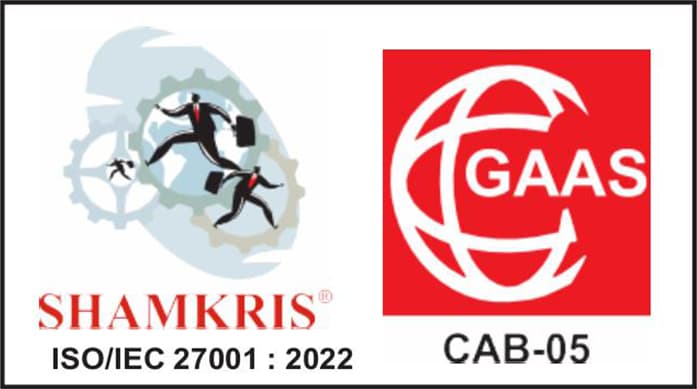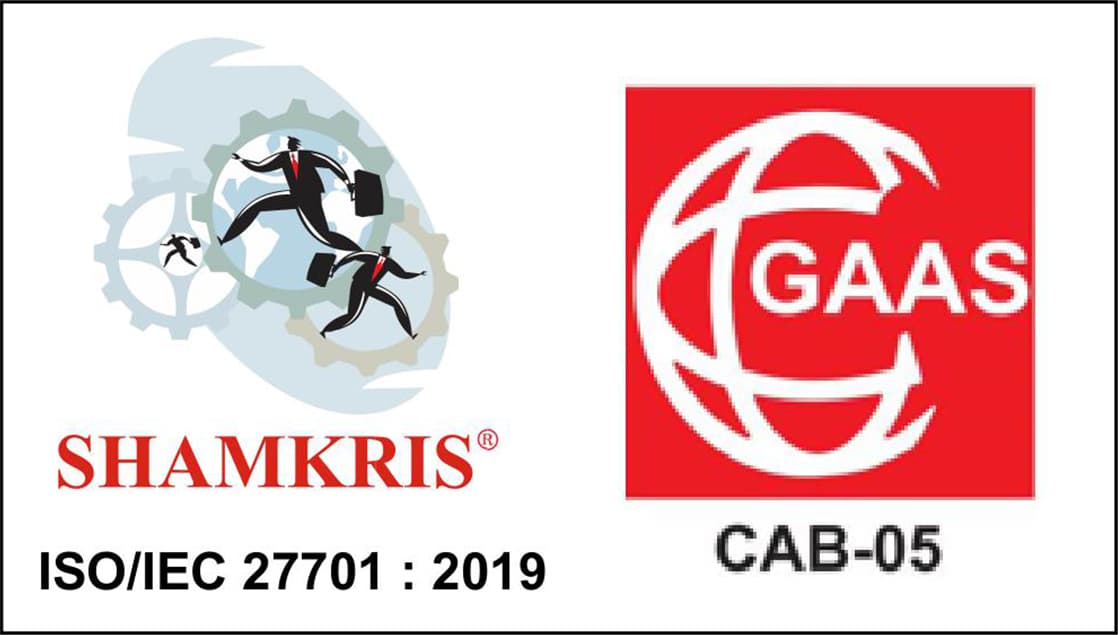Strengthen revenue with medical billing outsourcing
Sourcefit helps healthcare organizations manage billing workflows that support clean claims, timely submissions, and accurate payment posting. Our medical billing specialists assist with documentation, patient information updates, insurance verification, and denial follow up across medical practices, clinics, and healthcare networks.
Please contact us for a free consultation


How medical billing outsourcing improves accuracy and timeliness
Medical billing requires precise documentation, accurate coding information, and timely follow up. Backlogs, incomplete data, or limited internal bandwidth affect revenue cycle performance and patient experience.
Sourcefit provides structured medical billing outsourcing for claims assistance, charge entry, payment posting, insurance verification, denial management, and documentation support. Our teams manage recurring billing tasks with clear quality controls and reliable communication.




Reliable and transparent medical billing support
We provide flexible billing outsourcing that scales from individual billing specialists to full revenue cycle teams. Structured onboarding, documented workflows, and defined QA steps maintain accuracy across claims processing, patient information updates, and payment posting. Client success managers ensure alignment with your billing practices and healthcare system requirements.
Our HIPAA-compliant delivery centers and secure workflows protect patient information and financial records. With global hubs in five countries, Sourcefit provides medical billing support that is consistent, accurate, and trusted across healthcare providers and medical groups.
Built on a foundation of trust
Medical billing services we provide

Claims submission and charge entry
We prepare claims, verify codes, enter charges, and ensure documentation is complete before submission.

Payment posting and reconciliation
Teams post payments, verify transaction accuracy, record adjustments, and reconcile accounts for clean financial tracking.

Insurance verification and eligibility checks
We confirm coverage, update records, gather required information, and reduce claim delays caused by incomplete verification.

Denial management and corrected claims processing
Our specialists track denials, identify root causes, prepare corrected claims, and support faster resolution.

Patient information updates and documentation support
Agents update patient details, maintain accurate records, and ensure documentation remains complete and compliant.

Accounts follow up and billing communication
We support structured communication, follow-ups, and status tracking that strengthen billing visibility and workflow continuity.
Recipient of Gold Stevie®
Award for AI Innovation

Recognized for excellence



Why companies choose Sourcefit for medical billing
Experienced revenue cycle and billing teams
More than 15 years supporting claims processing, payment posting, verification, denial workflows, and documentation
Flexible engagement options
Cost plus structure with transparent billing and scalable team sizes
Structured and measurable QA
Defined metrics for accuracy, documentation completeness, and clean claim performance
Secure and compliant delivery
HIPAA-compliant facilities protect patient records and billing data
Seamless integration with billing systems
Teams work inside your EMR, EHR, billing platform, and claims management tools
Medical billing outsourcing pricing
Position requirement
-
Entry level
-
Mid level
-
Expert level
Outsourcing
*monthly
- 1,400 USD
- 1,850 USD
- 2,300 USD
Rates will be updated by your internal team. Sourcefit’s cost plus model ensures transparency and predictable budgets.
FAQs
-
What medical billing tasks can be outsourced to Sourcefit?
Clients outsource claims submission, charge entry, payment posting, denial management, insurance verification, and billing documentation support.
-
Is medical billing outsourcing secure and HIPAA-compliant?
Sourcefit maintains HIPAA-compliant operations with secure access controls, encrypted environments, and strict documentation governance.
-
How quickly can Sourcefit build a medical billing team?
Most billing roles can be sourced and onboarded within two to three weeks depending on system permissions and workflow requirements.
-
Can outsourced billing staff work inside my EHR or billing platform?
Yes. Teams work directly inside your EMR or EHR, billing software, and claims systems.
-
How does Sourcefit improve clean claim rates?
We use defined quality checks, verification steps, documentation reviews, and structured follow up to reduce errors and rejected claims.
-
What time zones can an outsourced medical billing team support?
Teams in the Philippines, Dominican Republic, and South Africa provide natural coverage for North America, Europe, and APAC billing cycles.
-
Does medical billing outsourcing reduce operational costs?
Clients typically reduce costs by up to 60% due to improved accuracy, faster processing, and reduced administrative workload.













































